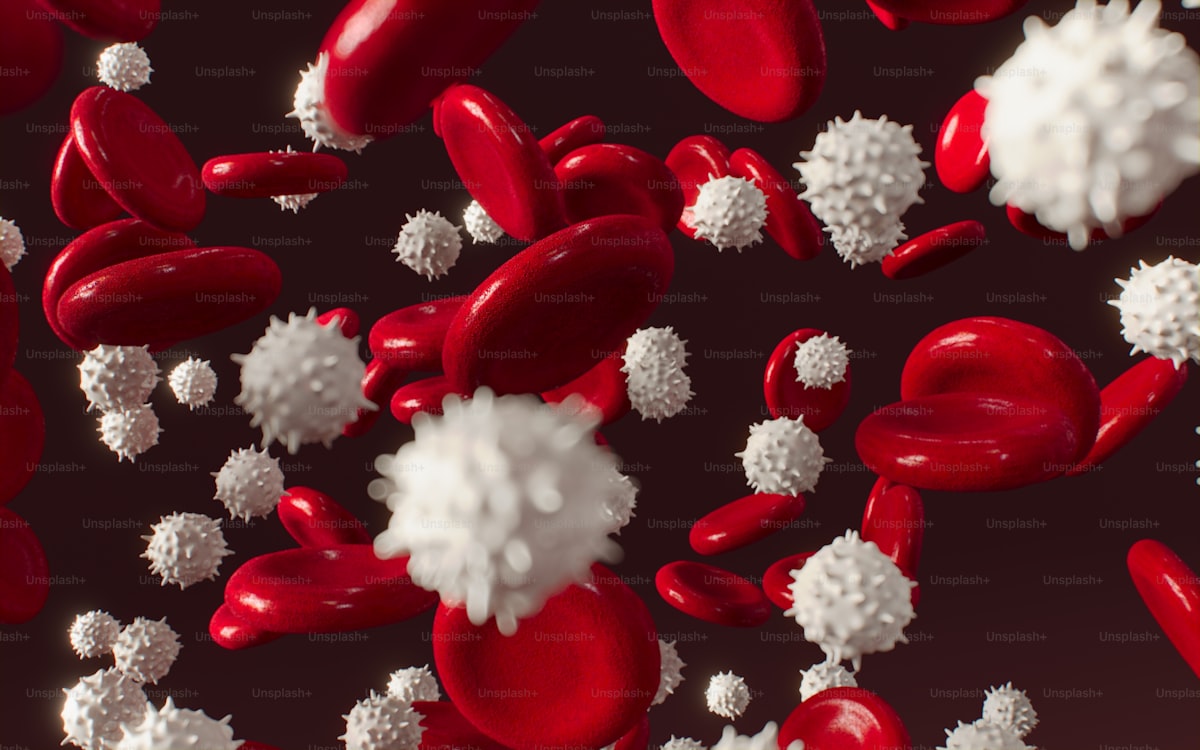
Anemia is a condition that occurs when your body doesn’t have enough red blood cells or hemoglobin, which is responsible for carrying oxygen to your body’s organs and tissues. There are many potential symptoms of anemia, and it’s essential to understand them so that you can seek the appropriate treatment if you suspect that you may have this condition.
There are several different types of anemia, and the symptoms can vary depending on the underlying cause. Some of the most common symptoms include fatigue, weakness, and shortness of breath. Other symptoms may include dizziness, headaches, and pale or yellowish skin.
Fatigue
One of the most common symptoms of anemia is fatigue. This occurs because your body’s organs and tissues aren’t receiving enough oxygen, which can leave you feeling tired and weak. You may find yourself feeling exhausted even after getting a good night’s sleep, and you may struggle to concentrate or engage in physical activities. If you’re experiencing unexplained fatigue, it’s essential to talk to your doctor to find out if anemia could be the cause.
Weakness
Anemia can also cause weakness in your muscles, making it difficult to perform even simple tasks. You may notice that you have trouble lifting or carrying heavy objects, and you may feel unsteady on your feet. This weakness can be frustrating and limiting, and it can affect your quality of life. If you’re experiencing weakness that doesn’t seem to improve with rest, it may be a sign of anemia and should be investigated by a healthcare professional.
Shortness of breath
Another common symptom of anemia is shortness of breath. When your body doesn’t have enough red blood cells to carry oxygen to your organs and tissues, you may find that you become easily winded, even when performing light activities. You may feel as though you can’t catch your breath, and you may also experience a rapid heart rate. If you’re struggling with shortness of breath, it’s essential to seek medical attention to determine if anemia could be the cause.
Dizziness
Anemia can also cause dizziness or lightheadedness, especially when you stand up or change positions quickly. This occurs because your brain isn’t receiving enough oxygen, which can leave you feeling off-balance and disoriented. You may also experience fainting spells, especially if your anemia is severe. If you’re feeling dizzy or lightheaded, it’s crucial to speak with your doctor to rule out anemia as a potential cause.
Headaches
Some people with anemia experience frequent headaches, which can be quite debilitating. These headaches occur because your brain isn’t receiving enough oxygen, and they may be accompanied by other symptoms such as dizziness or fatigue. If you’re noticing an increase in headaches, especially if they’re severe or persistent, it’s essential to discuss this with your healthcare provider.
Pale or yellowish skin
Anemia can cause changes in the color of your skin, making it appear pale or yellowish. This occurs because there’s a lack of red blood cells to carry oxygen, which can affect the appearance of your skin. You may also notice that your skin feels cool to the touch, and you may have a tendency to bruise easily. If you’re noticing changes in the color or texture of your skin, it’s crucial to consult with a doctor to determine if anemia could be the cause.
In conclusion, anemia is a condition that can cause a variety of symptoms, many of which can significantly impact your quality of life. If you suspect that you may have anemia, it’s essential to seek medical attention to receive a proper diagnosis and treatment. By understanding the potential symptoms of anemia, you can take steps to address this condition and improve your overall health and well-being.

















